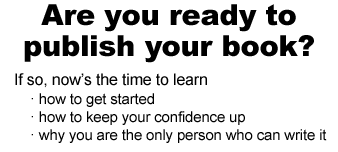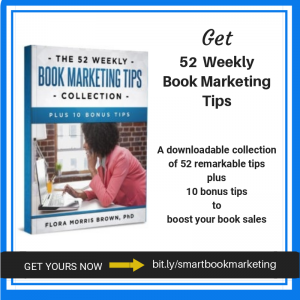
Writing is by its nature a lonely business. We spend our time organizing ideas and fighting back self-doubt, so getting feedback from others can be helpful. Unfortunately, friends and family are not good candidates for this. They mean well, but we need help from other writers who understand the creative struggle. But where do you start your search for an online writers group?
Brooke McIntyre of Inked Voices got it right in the introduction of her guest post on Jane Friedman’s blog.
Finding a writing group or partner is a lot like dating. There’s an element of searching and an element of matching. You’re looking for people you can share a piece of your creative self with, for people you want to spend time on, for people who can help you become a stronger writer—a tribe or community. So a good fit is important.
A writers’ group is a good fit when members are
- actively writing on a project, not just in the group to lurk
- willing to give honest feedback with kindness
- willing to accept honest feedback
- able to support their critiques with examples
- able to see their own weaknesses
- at varying levels of writing experience
How do you find online writing support groups?
1. Search on Facebook, LinkedIn, Google and other social media sites using a keyword phrase that represents the kind of groups you seek. Take a screenshot or make a list of your findings.
When you search on Facebook, you’ll get a list of pages, groups, and more.
Since I was looking for a support group, I could have included “support group” in my search. Instead, I searched for the broader term “nonfiction writers” so I could get a longer list. I got a list of 50+ groups. In the first group on list, you see how many members there are and how many posts are published a day. Also, note that some groups require you to join an association in order to access their members-only group.
Since I didn’t include “support group” in my search, some on the list may not be support groups at all. It happens, however, that the Writers of Non-fiction is a support group owned by a book coach and ghostwriter.

Under the keyword “nonfiction writers” I got this list of 50+ pages.

2. Visit the groups that come up with the following questions in mind.
- What’s the background of the group creator?–Is she/he a published author and active in the field?
- Does the group have rules?–A set of rules help keep the group on task and discourage drifters.
- How many members?–A group with 10,000 members may sound good on the surface, but group engagement is more important than large numbers.
- How frequent and valuable are the discussions?–You’re only going to get great help in an engaged group where questions, announcements, and answers are posted frequently. Also, be on the look to see if the questions are from varying levels of experience.
3. If groups sound promising, join as many as you wish. Facebook allows you to join up to 6,000 groups. Once you’ve been approved, you’ll be able to see the discussions. Hover in the groups before participating. You may get a lot of info from answers already shared. Check their archives, videos, and so on to learn from information already posted. If a group doesn’t offer the help you seek, leave.
Want more great marketing tips to help you on your publishing journey?
Choose to get 52 tips, one week at a time in your email
or
get the collection of all 52 as one download with 10 bonus tips.











Speak Your Mind